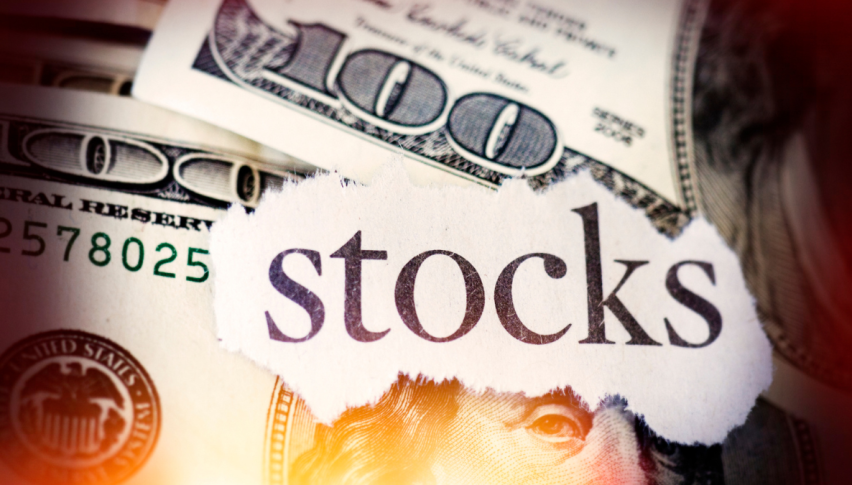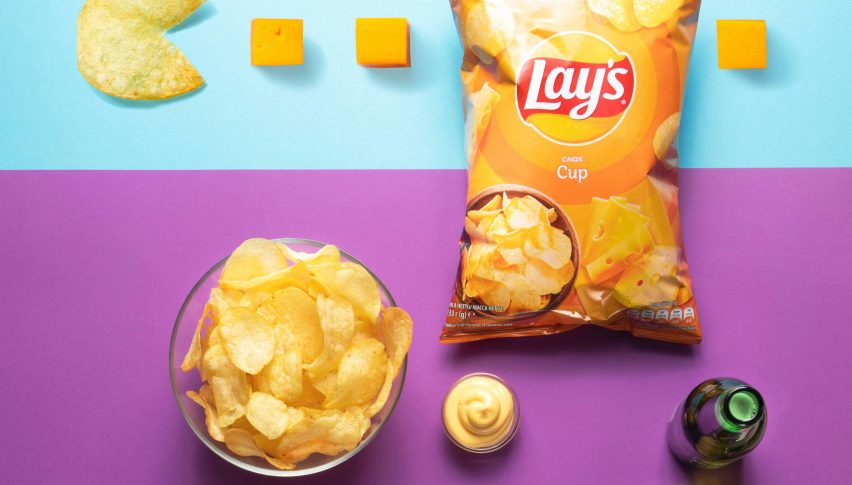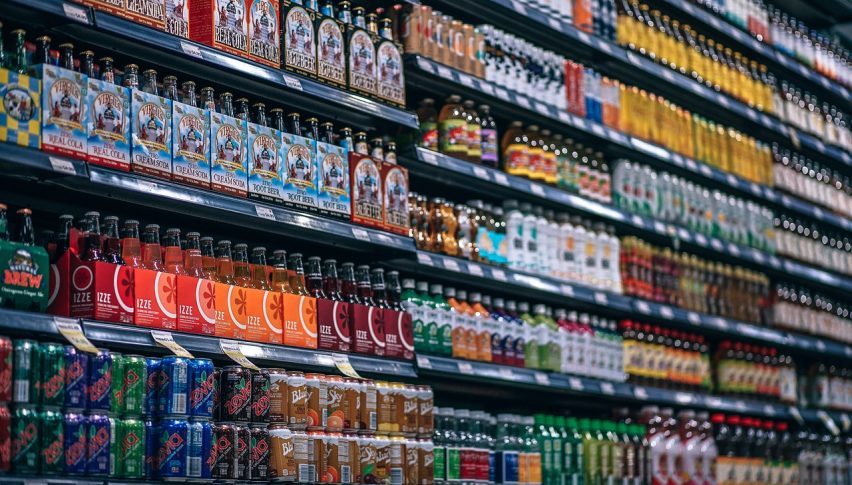Coca-Cola surpassed Revenue, Profits, U.S. tariffs weight on Soda Maker
Coca-Cola reported revenue and profit surpassed expectations due to strong demand and price increases, but issued a cautionary remark
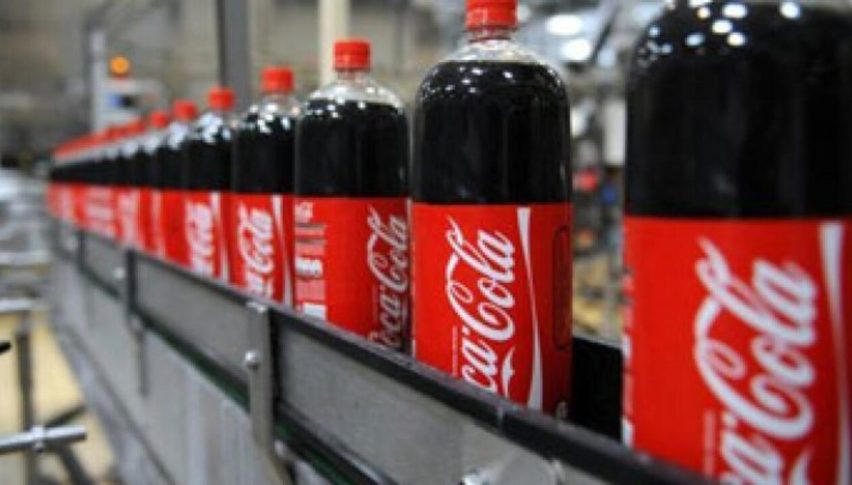
Quick overview
- Coca-Cola's revenue and profit exceeded expectations, driven by strong demand and price increases, despite a slight quarterly revenue decrease to $11.22 billion.
- The company reported earnings of 73 cents per share, surpassing forecasts, while unit case volumes rose by 2% and global average selling prices increased by 5%.
- Coca-Cola has maintained its forecasts for organic revenue and comparable profit, despite potential impacts from U.S. tariffs and global trade dynamics.
- A recent boycott by Hispanic consumers in the U.S. and Mexico led to a 3% drop in volumes in the North American market.
Coca-Cola reported revenue and profit surpassed expectations due to strong demand and price increases, but issued a cautionary remark about U.S. tariffs potentially impacting costs and consumer sentiment.
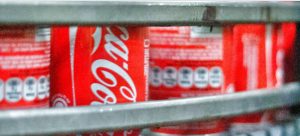
According to LSEG-compiled figures, its quarterly revenue decreased slightly to $11.22 billion, compared with projections of a decline of 0.84% to $11.14 billion.
The company topped forecasts of 71 cents per share with earnings of 73 cents per share, excluding items. While unit case volumes increased by 2%, Coca-Cola’s global average selling prices jumped by 5% in the first quarter.
Unlike PepsiCo or Procter & Gamble, Coca-Cola has not changed its forecasts for organic revenue and comparable profit, citing its intent to keep full-year estimates following expectations in the face of the Ukraine-Russia conflict and China’s COVID restrictions.
Coca-Cola’s CFO John Murphy commented that consumer spending still appears very strong, saying, “We are not immune to global trade dynamics, but the dynamic tariff landscape could impact pockets of our system’s cost structure as well as consumer sentiment in our markets.”
Pushed-back comments about consumer spending, highlighted for the first time by rival PepsiCo last week, add focus on slower demand across snack and drink lines as a problem for the company. Coca-Cola stated that the global trade impacts were manageable and that local operations should soften any negative impact.
They stated that their approach to mitigate spillover effects from international markets would not be much of a concern.
The company outlined steps to provide low-cost tape and sticker strategies, and will implement box-cutter-capable plastic bottle stylers to remove the boxes, in addition to the 25% tariff on aluminum imports.
Hispanic consumers in the U.S. and Mexico boycotted Coca-Cola’s legacy brands after a video went viral showing the company firing Latino employees and reporting them to Immigration and Customs Enforcement during a period when Trump had initiated a widespread immigration crackdown.
This resulted in a 3% drop in volumes in the company’s North American market.
- Check out our free forex signals
- Follow the top economic events on FX Leaders economic calendar
- Trade better, discover more Forex Trading Strategies
- Open a FREE Trading Account
